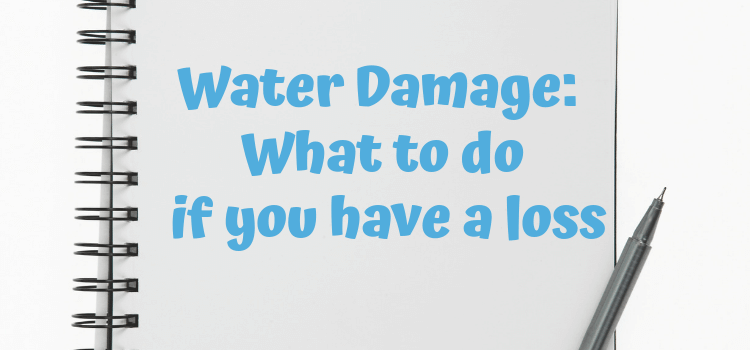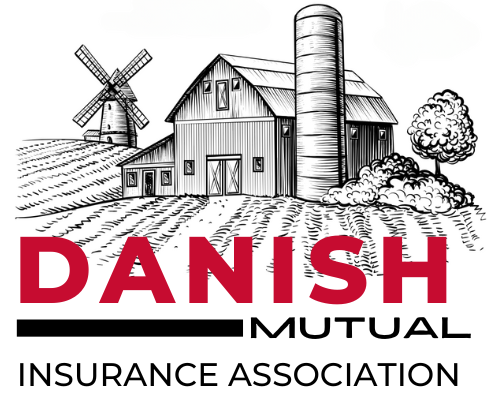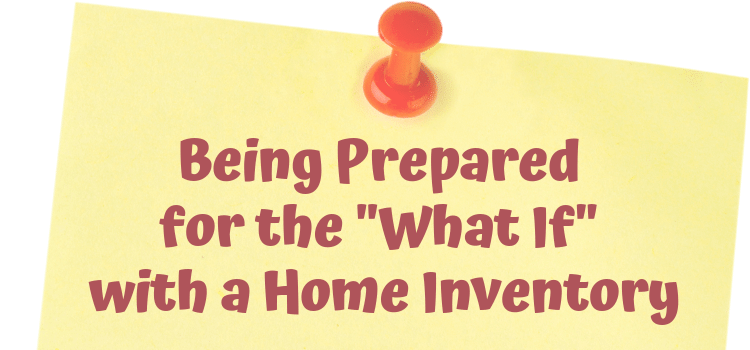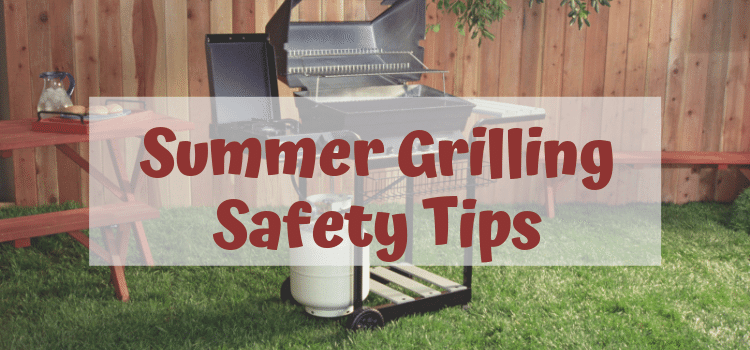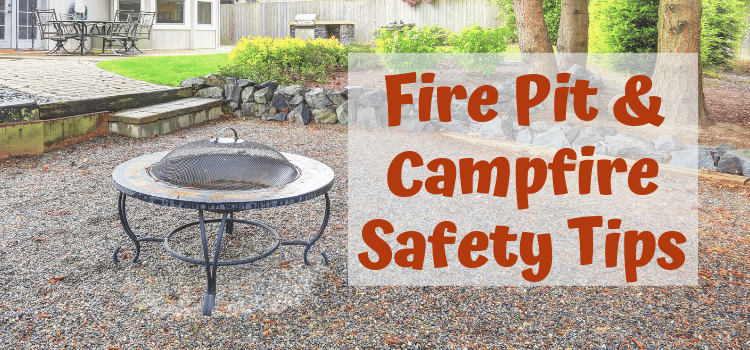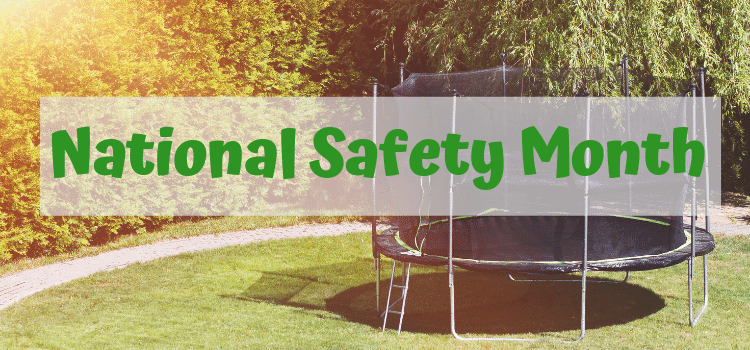Fire pits are wonderful inexpensive additions to any yard. They can be an outdoor getaway after a long day, or the centerpiece of a social event. Installing a new fire pit, whether its portable or permanent, can instantly boost the appeal of spending time in your yard without breaking the bank. If you’ve decided a fire pit is all your house is missing, be sure to review the following tips from this Mother Earth News article for safe installation, burning, and extinguishing.
Always make sure the fire pit is at least 10 feet away from any structure or neighboring yard. If you can, 25 feet is preferable. Be aware of what’s above the fire pit. Do not place it under a covered porch or low hanging tree branches. Always place it on a non-flammable surface such as patio blocks or concrete. If you have dug out and cleared a spot where it can sit on dirt, this is also an option. Never place on your wooden deck or directly on grass.
Similarly to campfires, you need to clear a firebreak. A break is the surrounding area that has been cleared of all flammable materials. A suggested break is 5 feet in all directions from the fire pit or campfire. This allows for any embers or logs that may fall or pop out of the fire to land on the ground without a heightened risk of an uncontrolled fire. You can also pile dirt or rocks around the pit to help prevent the ground fire from escaping.
A few fire pit/campfire rules to abide by:
- Never leave a fire pit unattended.
- Never leave children or pets unattended with the fire.
- Consider a wire mesh cover to keep embers contained and to keep children and pets safe from falling in.
- Limit the amount you burn. Add just enough to keep the fire going gently.
- Don’t put garbage or paper products into the fire. They can easily spark and throw off embers or burning remnants.
- Avoid wearing loose-fitting clothes while tending to the fire.
- Avoid burning soft woods like pine or cedar as they tend to pop and throw sparks.
Be aware that even if you follow all of these suggestions, accidents can still happen so be sure to have a water source nearby for emergencies.
When you’re ready to extinguish the fire, add water and stir the ashes with a shovel or stick. Dispose of the ashes in a safe manner; keep a metal can that is used solely for ash storage. Even after 2 or 3 days, ashes can still be hot enough to cause a fire.
By doing your best to adhere to these guidelines, you can safely enjoy your fire pit all year round.
Source: https://www.motherearthnews.com/nature-and-environment/5-fire-pit-safety-tips-zbcz1504
